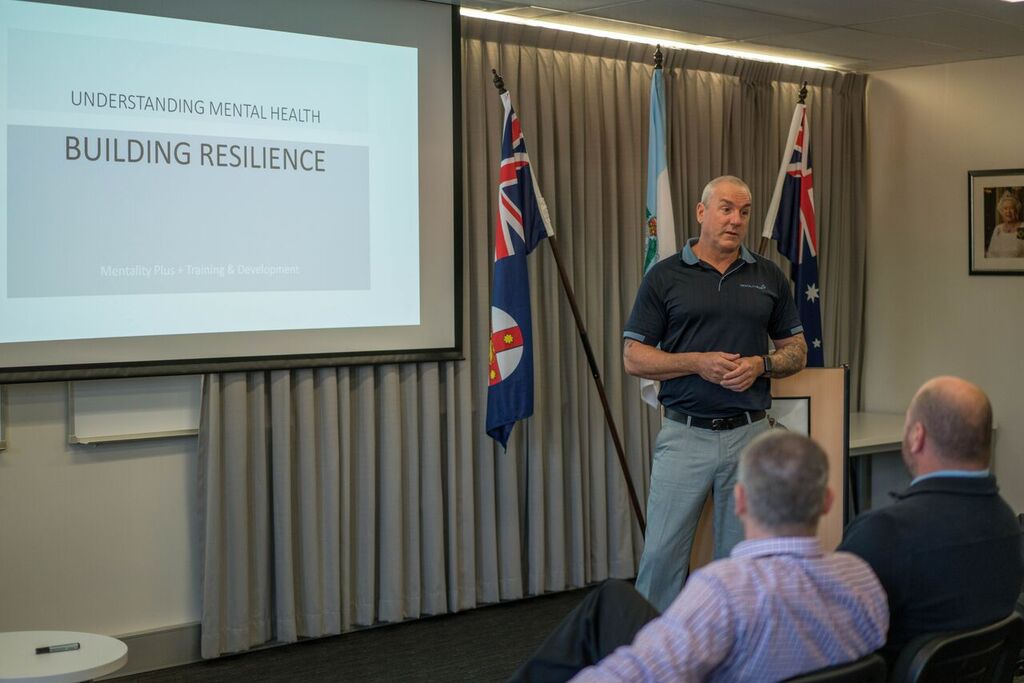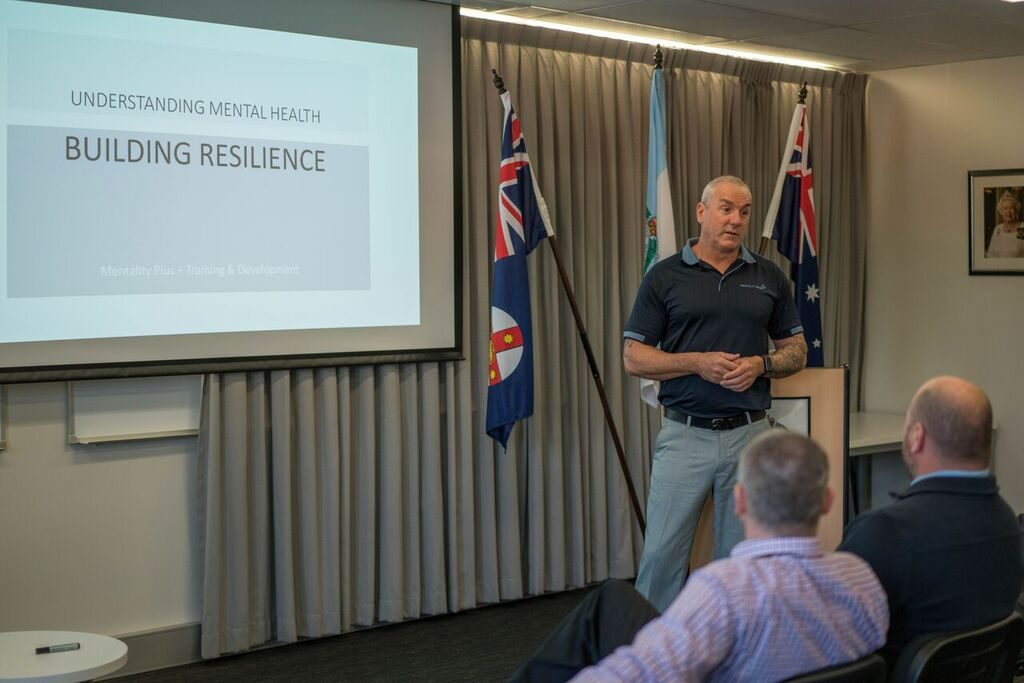I am an example of what goes wrong when you don’t pay attention to mental health issues in the workplace.
Much of my 25year career as a Detective within the NSW Police was invested in high-risk law enforcement including drug investigation, the investigation of outlaw motorcycle gangs and homicides.
I retired from the Police because of my own personal battle with workplace psychological injury. I overcame my adversity and now work with employers, including NSW Police to provide real, practical mental health training for staff and leaders.
Mental health issues impact many Australians and almost every workplace. These issues are not confined to high-risk professions such as emergency services. Stigma and a lack of understanding are the key barriers to creating mentally healthy workplaces. Ignoring the issue represents a great risk to your business success.
Here are the five key steps leaders and managers need to take to create a mentally healthy workplace.
- Know your obligations
Mental health is as much a part of work health and safety as is physical health. With mental illness costing Australian business $11 billion per year in lost productivity and compensation, it is imperative that employers, managers and supervisors have a sound understanding of mental health relative to the workplace. Work injury damage claims are usually focused on alleged negligence of employers with regard to failing to provide protection to employees where risks are or should be known.
- Risk management
Understanding the risk factors for mental illness is essential to the development of risk mitigation practice and procedures. Risk factors exist at an organisational level and on an individual level. Knowing the risks help managers and peers to provide extra support for staff at times of increased risk.
- Be aware of signs and symptoms
Managers and leaders should be aware of common mental illnesses to enable them to reduce risk and liability. Understanding the signs and symptoms of mental illnesses also reduces ignorance and stigma and promotes a compassionate, empathetic workplace environment. It assists in early intervention of unwell or at risk staff. Early intervention can greatly speed up recovery processes thereby reducing the costs associated with workers compensation and lost productivity.
- Promote help seeking behaviour
There are many barriers to employees seeking early help for mental health problems including a lack of self-awareness, fear of losing their job, worrying about what people will think of them and unsupportive workplace cultures. Knowing those barriers means leaders and managers can try to remove them as part of a culture that promotes, encourages and supports early help seeking behaviour.
- Train for wellbeing and resilience
Resilience is not something we are born with, it is something we learn. Resilience is best defined as our ability to face adversity, to overcome it and then to become stronger from the experience. Building resilience in employees builds resilience in an organisation. All employees have the potential to be resilient; all they need is to be shown how.






